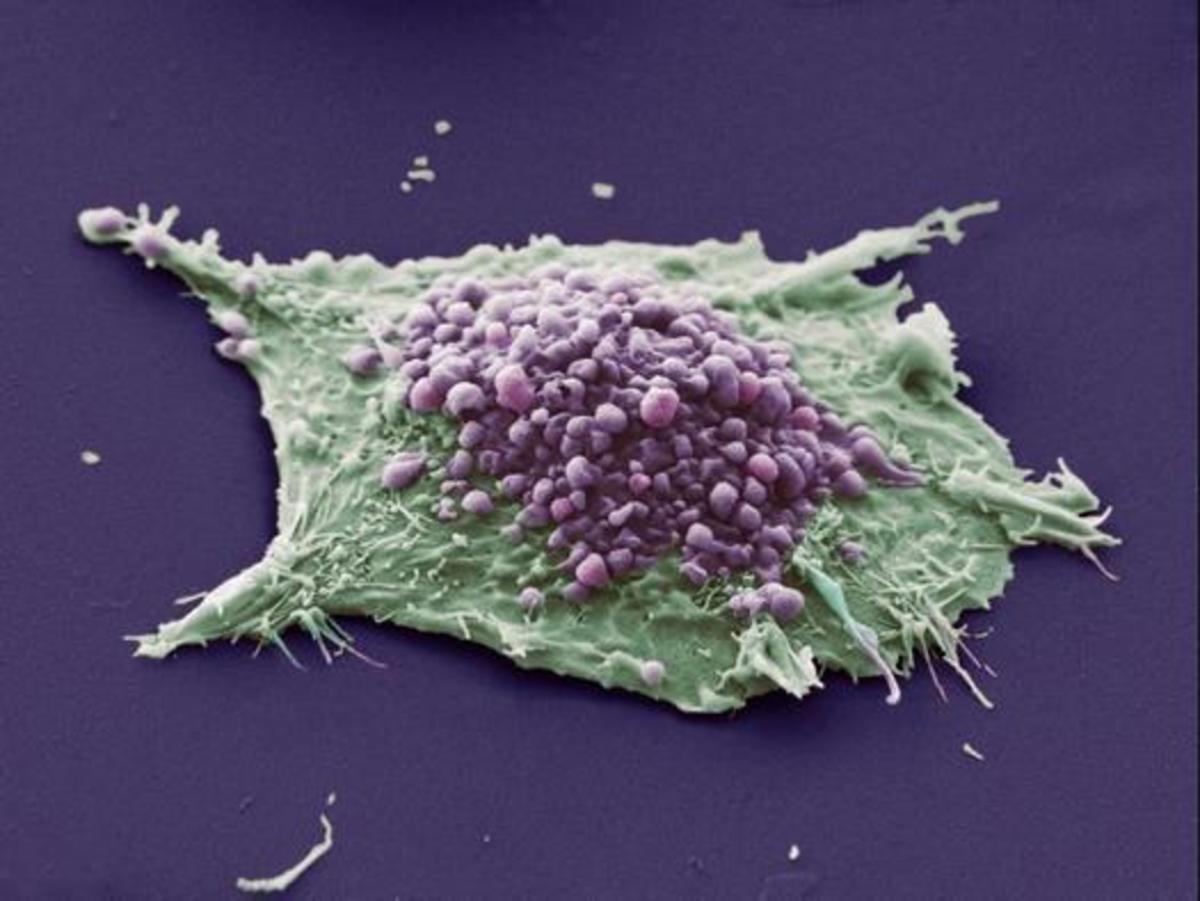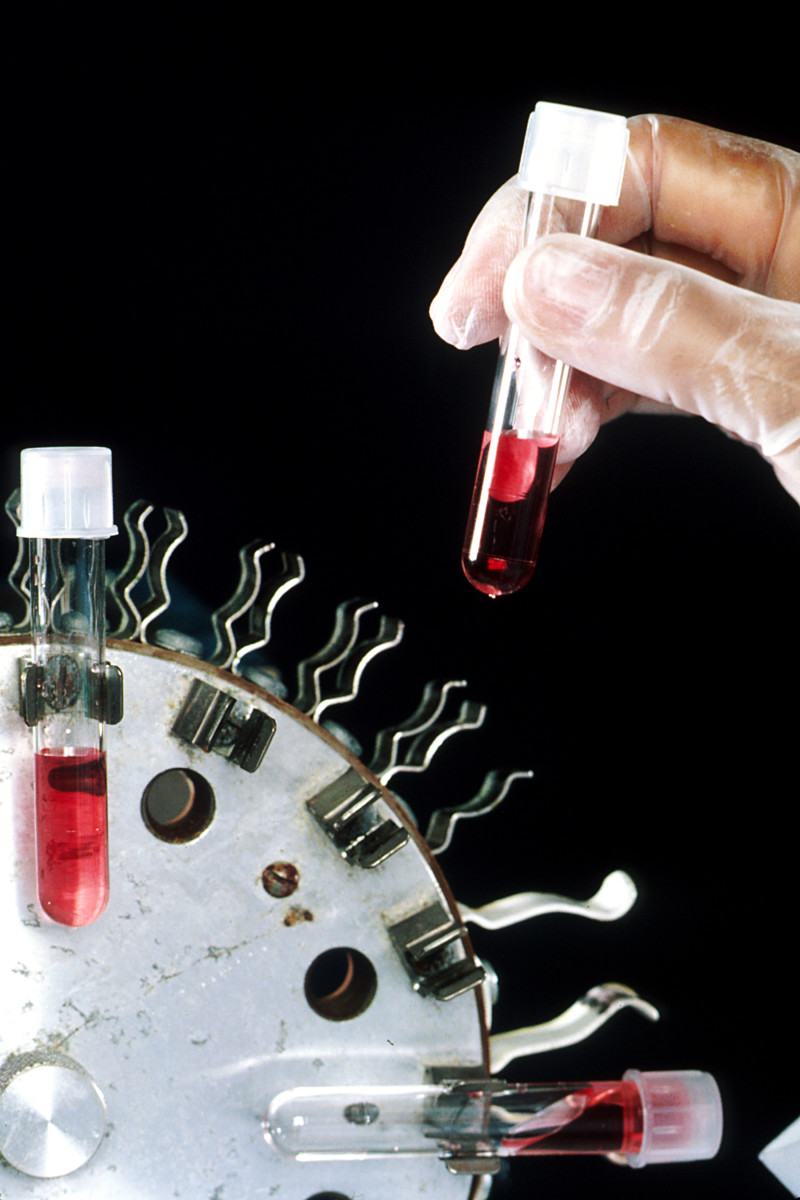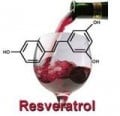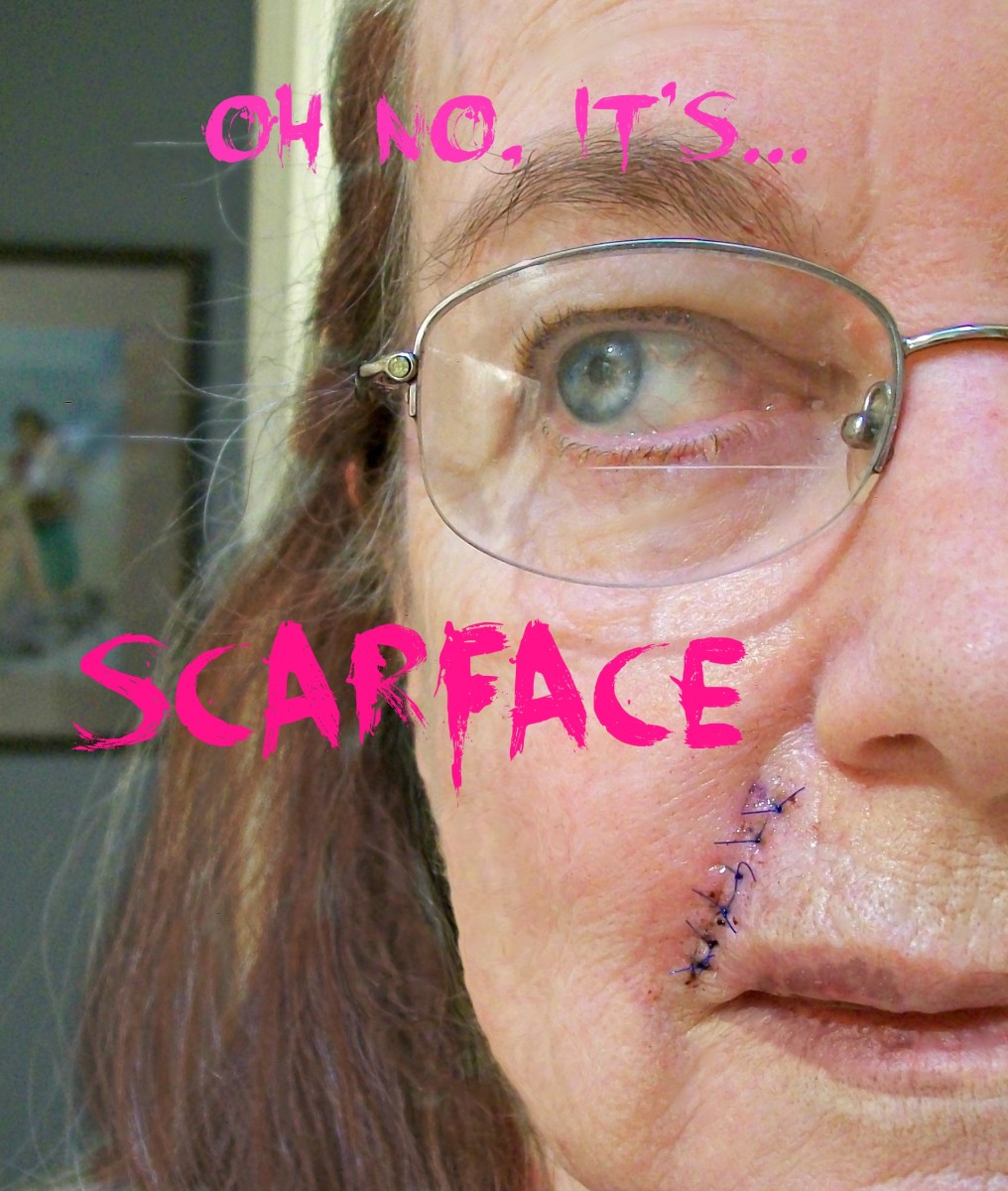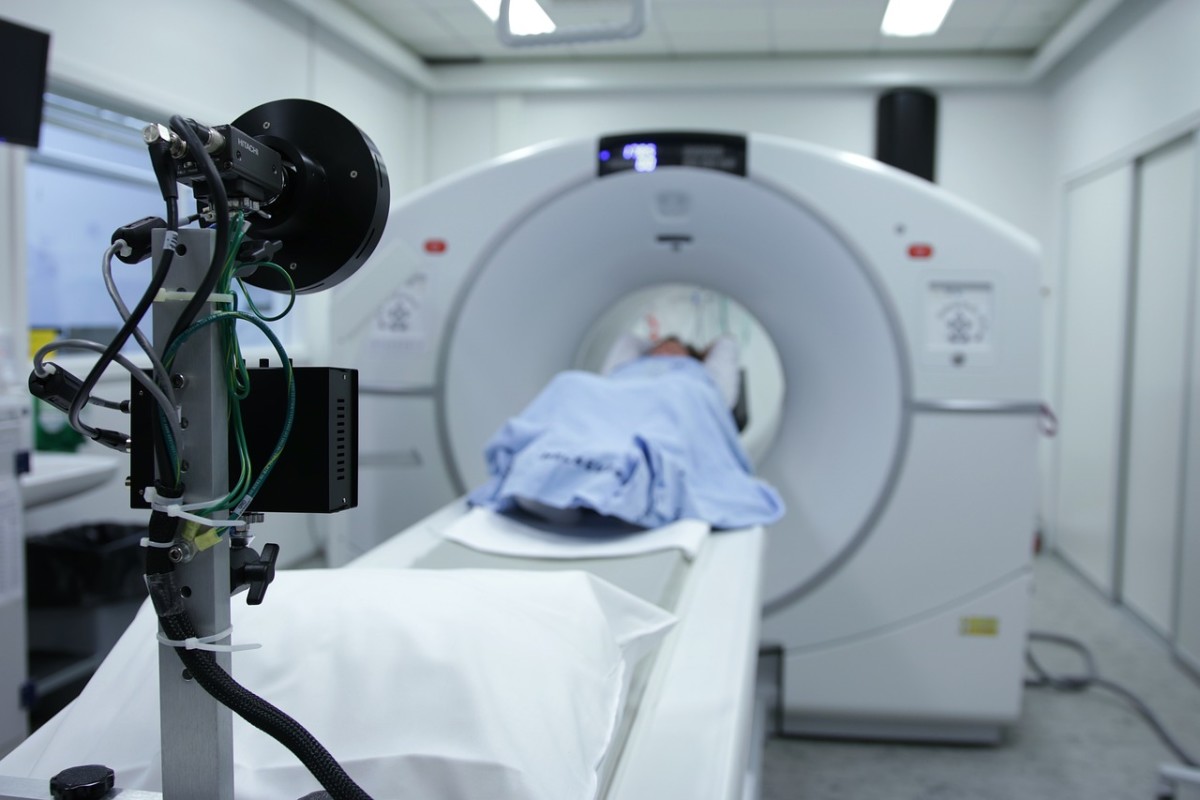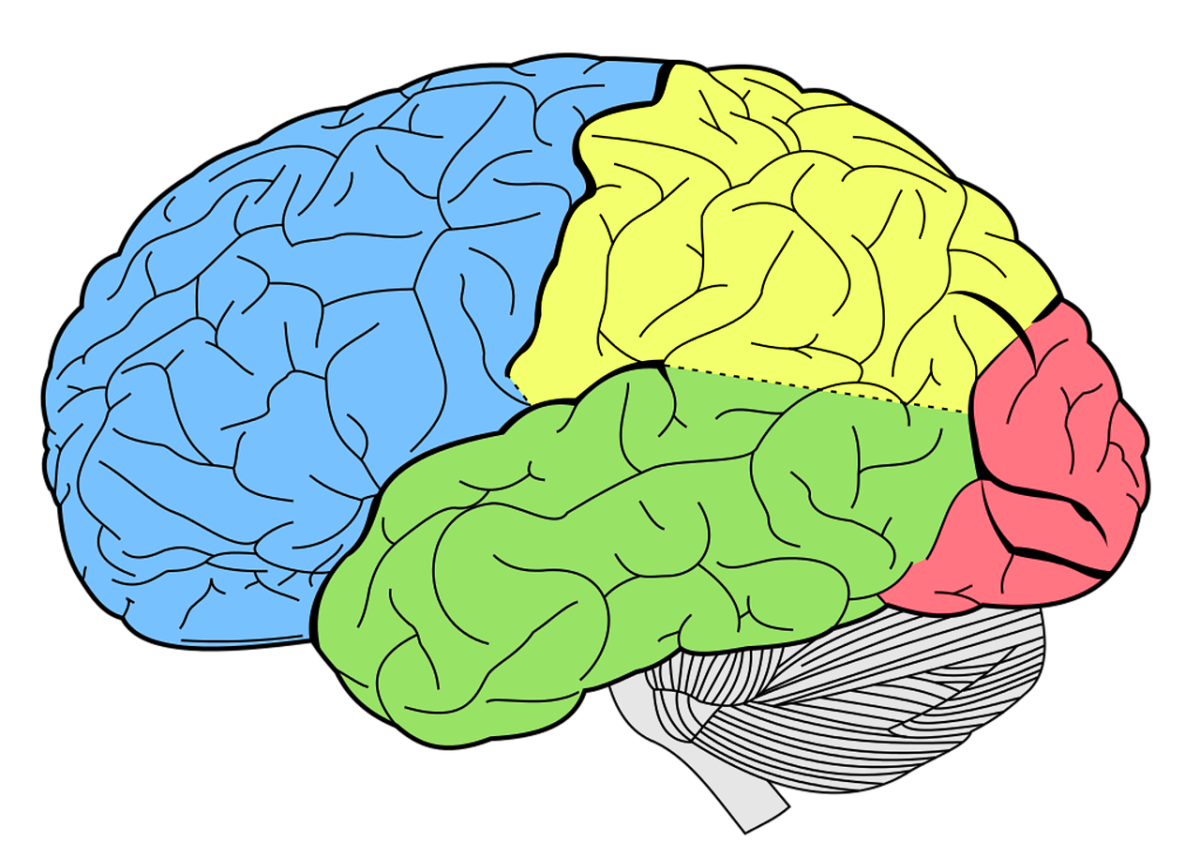Advances in Cancer Treatment
Although cancer is still an anxiety-inducing word for many people, there have been significant advances in treatment over the last few decades. Of course the earlier a cancer is detected the higher the chances of successully overcoming it, so screening, educational awareness, ie; prevention through diet and lifestyle and understanding genetic connections have formed an important part of the strategy. Despite an increase in cancer rates in Western cultures, there has been a decrease of cancer deaths.
Along with prevention, there have been some large strides in our understanding and treatment of cancer. New approaches, with less side-effects and better results are being tested all the time. One significant feature of research is the concept of targeted cancer therapy -that is, working toward an understanding of how cancer operates and the key features that promote it's development and spread. Devising treatments to taget one or more of these key features may be hugely beneficial in combating cancer. For example, monoclonal antibodies are antibodies made in the laboratory that identify and attach themselves to certain proteins on cancer cells. potentially preventing essential signals from reaching the cell, thus inhibiting growth. Ways are also being developed to guide anti-cancer drugs to cancerous cells, increaing their effectiveness and greatly reducing damage to healthy cells.
There are also alternative treatments available, that have had varied and sometimes controversial degrees of success but for this article I'll be concentrating on mainstream medical approaches. There's a good resource here for any one who may be interested in reading about alternative therapies:
http://www.healthinsite.gov.au/topics/Complementary_and_Alternative_Therapies
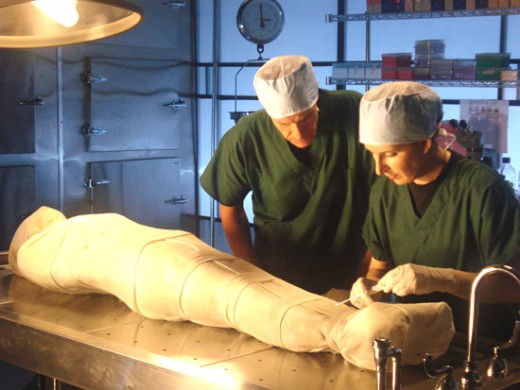
What is Cancer...? Where Does it Come From?
Put simply it is the malignant growth of abnormal cells somewhere in the body - the cells multiply, interfering with normal division and growth and invade and destroy healthy surrounding tissue with varying degrees of aggression. Once they arrive, the malicious cells may also travel to other parts of the body through the blood and lymph nodes, which is one reason why early detection is so vital.
Cancer is really a varied group of diseases that affects many species. How long it has been around is impossible to say but there is some evidence that it affected primitive man and rectal cancer has been recently diagnosed in an Egyptian mummy. There is also some, but not much evidence, of cancer in non-human ancient animal fossils. It does however, seem that it was rare in aniquity and while it may have existed for a long time, the suggestion is that there is something about modern, industrialised societies, with their excessive use of chemicals, processed diets, sedentary habits and pollutants, that is conducive to the development of cancer.
Is cancer man-made?. Some scientists think so. According to Professor Rosalie David, at the Faculty of Life Sciences, Manchester University:
In industrialised societies, cancer is second only to cardiovascular disease as a cause of death. But in ancient times, it was extremely rare. There is nothing in the natural environment that can cause cancer. So it has to be a man-made disease, down to pollution and changes to our diet and lifestyle.
http://www.manchester.ac.uk/aboutus/news/display/?id=6243
Current Treatments
Cancer treatment is a complex business that varies between patients, types of cancer and stages of the disease. At present treatment commonly consists of surgery, radiotherapy and chemotherapy - sometimes combined.
- Surgery -Has the best chance of success when the cancer is confined, such as in a solid tumour, but if the cancer has spread, it will be combined with radiotherapy and/or chemotherapy.
Radiotherapy--Attempts to destroy cancer by directing a stream of radiation (high energy particles) onto the effected tissue Side effects occur because unfortunately it kills healthy cells along with the cancerous ones. Can be used on solid and non-solid tumours and is often used as a kind of 'extra insurance' , as a prevention and to destroy any cells that may have escaped during surgery.
- Chemotherapy -Uses drugs to destroy cancer cells. Which drugs are used will depend upon the type of cancer and its stage of progression. More than one drug may be used in combination. As with radiotherapy, healthy cells are also damaged during the process so unwanted side-effects may occur. When treatment is ceased however, the side-effects abate.
New Developments
Along with these standard treatments there are new approaches that are being tried and tested, some of which have potential to increase survival rates, although it should be noted that they are not available to all cancer sufferers. Some of these are:
- Immunotherapy -The concept behind immunotherapy, which grew out of cancer vaccine research is to use the body’s own natural defense systems to fight cancer cells. Our immune system works to protect healthy cells by identifying foreign germs and viruses. To detect cancer cells the inmmune system needs to identify something on them which signals them as invaders -substances on the surface of cancer cells are called cancer antigens and in order to make it easier for the immune system to identify and attack cancerous cells, it needs to be boosted:
This may be achieved by combining the antigen with a substance called an Adjuvant System. Recent discoveries have shown that particular Adjuvant Systems can be used to regulate and re-activate our immune system. The “antigen-Adjuvant System” combination may potentially produce a more effective immune response to cancer than previous immunotherapy approaches to cancer treatment.
From the Immunotherapy for cancerinfo.com webite. Further information can be found here :
http://www.healthinsite.gov.au/topics/Immunotherapy
- Hormone Therapy-Hormones are chemicals produced by glands and while it may seem like a contradiction, they can both cause cancerous cells to grow and in some cases be used as a treatment or prevention against cancer. As a cancer treatment hormone therapy may involve removing a gland or ingesting medication to alter the production of hormones or to stop their production altogether. Hormone therapy may also be used as an adjunct to other, primary cancer treatments.
With some cancers, patients may be given hormone therapy as soon as cancer is diagnosed, and before any other treatment. It may shrink a tumor or it may halt the advance of the disease. And in some cancer, such as prostate cancer, it is helpful in alleviating the painful and distressing symptoms of advanced disease
From Standford University's Cancer Centre website:
http://cancer.stanford.edu/information/cancerTreatment/methods/hormone.html
- Gene Therapy-Genes are responsible for our biological traits, not only for such things as eye colour but also for the way our bodies work. Our ability to carry oxygen through the blood for example. They are the working sub units of DNA. Gene therapy is still experimental and as far as I know, is only used on patients for which there are few or no alternative options. In other words, not available outside a clinical trial. The idea behind gene therapy is to manipulate a person's genetic material to fight or prevent disease and researchers are currently studying several different approaches using gene therapy, Whille there still many obstacles to overcome, scientists will continue to research the potential.
Scientists are investigating the insertion of genes into cancer cells to make them more sensitive to chemotherapy, radiotherapy or other treatments. In other studies, researchers remove healthy blood-forming stem cells from the body, insert a gene that makes these cells more resistant to the side efects of high does of anticancer drugs, and then inject the cells back into the patient.
From the US National Cancer Institute website:
http://www.cancer.gov/cancertopics/factsheet/Therapy/gene
- Photodynamic Therapy - A new study has revealed that lasers, when targeted at lymphatic vessels (carriers for mutated cells) may help to stop the spread of canceous tumours. A combination of lasers and drugs has already been used to treat tumours by directly targeting them. It works like this - doctors inject a light-sensitive drug into tumours near the skin's surface and then an infrared laser is turned on the area. Evidently the light causes the drug to produce a form of oxygen that destroys cancer cells. However, in this new development, the lymphatic systems near the tumour are destroyed, thus halting its spread. So far experiments have only been conducted on mice but it seems promising:
They began by injecting the ears of mice with cancer cells and waiting for tumours to develop. They then chose a light-sensitive drug verteporfin – that is an ideal size to squeeze into the lymphatic vessels and injected it under the skin of the ears of the mice. Two days later the team confirmed that verteporfin had been taken up by the lymph vessels around the tumours by shining ultraviolet light on the area, which makes the drug glow green."Almost all collecting lymphatic vessels of the mouse ear could be filled with verteporfin after three to four injections," the researchers report. When the team then shone an infrared laser on the injected ear, they were able to destroy all of the lymphatic vessels in the region – as well as the cancer cells in the tumour. A day after treatment, only one of eight mice had any trace of cancer remaining.
From the New Scientist website:
http://www.newscientist.com/article/dn20114-laser-stops-spreading-cancer-cells-in-their-tracks.html
General Links
The list of treatments here is by no means comprehensive and there are a variety of different treatment options for different cancers, with breakthroughs and experimental therapies in some areas more than others. For more information the following websites may be helpful:
- Cancer - New Scientist
Learn more about one of the world's biggest killers in our continuously-updated topic guide - WHO | Cancer
- Cancer Institute NSW > Home
The Cancer Institute NSW is Australia's first statewide, government supported cancer control agency. - Comprehensive Cancer Information - National Cancer Institute
Accurate, up-to-date, comprehensive cancer information from the U.S. government's principal agency for cancer research.
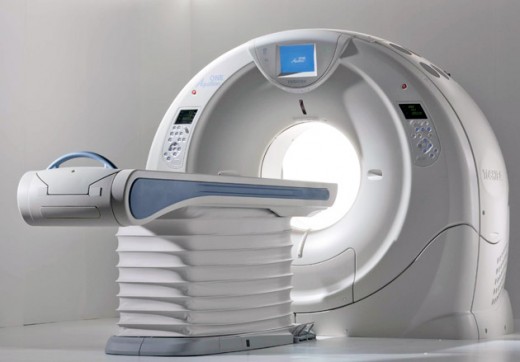
The Future of Cancer Treatment
When I was a child, I can remember my mother once telling me in confident tones..."oh there'll be a cure for cancer by the time you grow up. " Well, not so, despite the fact there are researchers all over the world working to eradicate this disease which has caused so much devastion and tragedy to sufferers and their families. More money and resources probably go into finding a cure for cancer than any other research and while headway has been made, it's still around. So what's the prognosis..?
Whether or not cancer will ever be eradicated is unknown, but what is likely is that cancer will be far more controllable and there may be vaccines against certain types of cancers, especially those linked to infection.
Aggressive treatments which damage healthy tissues and cause suffering through side effects, will become a thing of the past. To some extent it is happening now. We now much more about the genetic make-up of many cancers and this knowledge helps design and fine-tune treatments that target only the cancerous cells.
Nanotechnology, (basically the creation of tiny machines), is another area that has big implications for cancer treatment:
Nanotechnology’s versatility is what is key in the treatment of cancer. These devices can be put into the body loaded with targeting information and powerful cancer treating drugs. The targeting information enables these devices to find the specific cells infected followed by that area being doused with drugs in hope of killing off the cancerous or pre-cancerous cells.
Technut News, 2010
Drugs research is promising too. Parp inhibitors, which target individual errors in specific genes, known as BCRA genes, have so far yielded some positive results in clinical trials.
It wouldn't be too optimistic to imagine that a glimpse into the future might reveal a time when people will no longer look upon a diagnosis of cancer with terror. Some scientists have suggested It may become no more frightening that a diagnosis of high blood pressure. Let's hope so.


